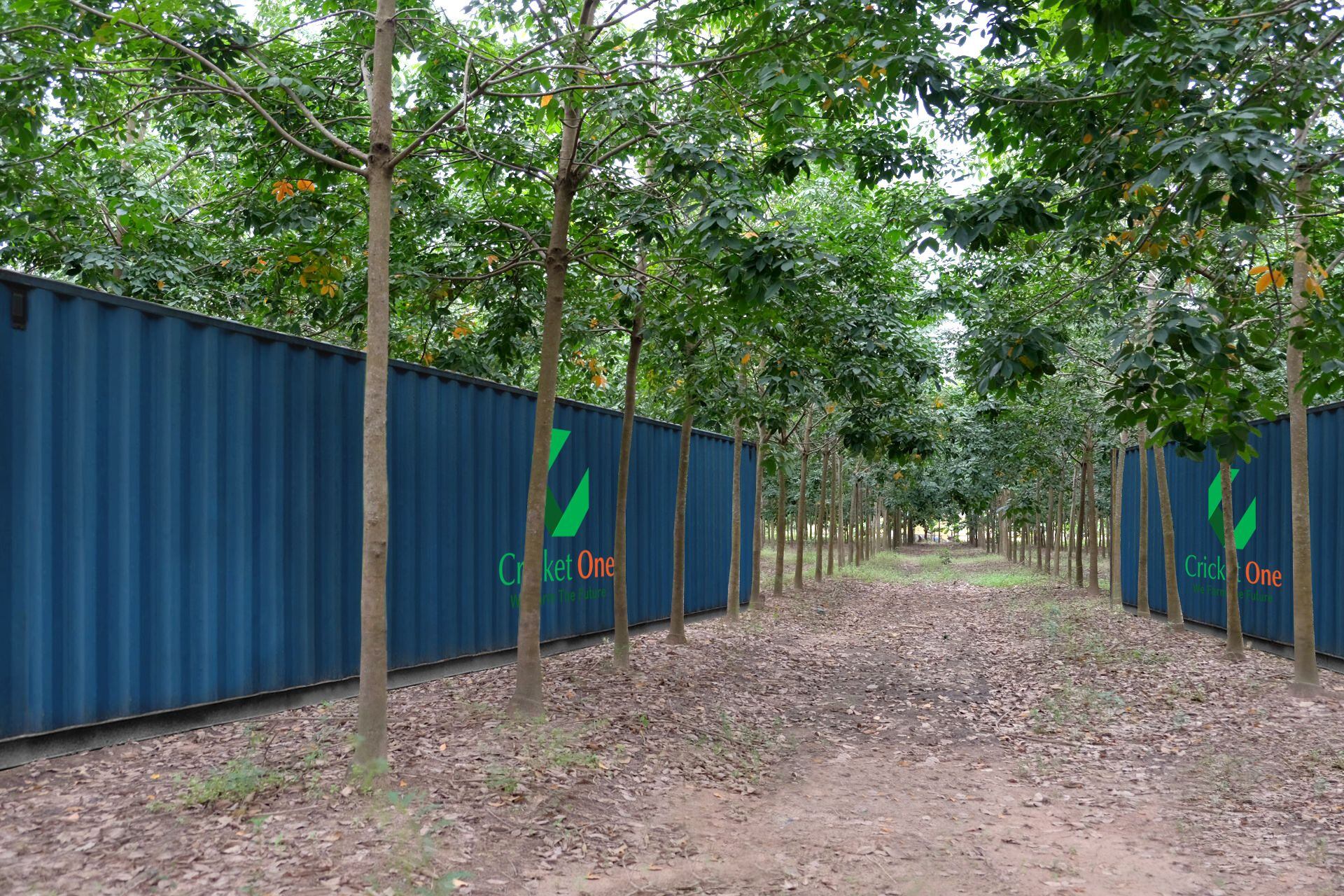The funds will be used to expand Hargol's production capacity and launch a new ‘Biblical Protein’ line of finished products using the firm's grasshopper protein powder.
Sirius founder Eugene Wong said: "The world is looking to reinvent dietary habits to cope with double the demand for protein as the global population increases by 2050. To address this global concern, Hargol is on an insect-to-food mission to produce grasshoppers as an alternative protein source. This represents an immense untapped market at the intersection of this issue.
“This follow-on investment after funding in the pre-seed and seed rounds demonstrates Sirius' confidence in Hargol."
Hargol co-founder and CEO Dror Tamir told FoodNavigator-USA: "The new 'Biblical Protein' brand - which will be ready for US market launch in May - is offering finished food products and supplements based on grasshopper protein, honey and ingredients mentioned in the Bible. The story of the brand is based on The New Testament and John the Baptist, whose diet included locusts and honey."
Sports protein powders, nutritional supplements, sausages, falafel and more
He added: "We are already selling whole grasshoppers and grasshopper powders to restaurants and food producers in Europe and the USA. With this round of funding we have already established a new grasshopper production facility in northern Israel. Funds will be used to further increase our production capacity and marketing efforts.
"We had and have a lot of interest in our whole grasshoppers and powder and are working hard to keep up with the demand. We have also established joint ventures and pilots with global leading food producers to develop, manufacture and distribute innovative food products based on our unique ingredient: Sports protein powders, nutritional supplements, sausages, falafel and more.
"We are shifting our focus to the finished products that will be sold directly to consumers online and through brokers and distributors under our new brand."
Bland flavor, high protein content
Speaking to FoodNavigator-USA at Rabobank's FoodBytes! pitch slam in San Francisco last year, Tamir said edible insects were always going to be a slow burn in the alternative protein market, given both the ‘ick’ factor and the lack of infrastructure to farm and process them at scale, but that longer term, the market potential is significant.
From a flavor perspective, grasshoppers have a blander and less distinctive taste than crickets, he claimed: “Grasshoppers are almost neutral in taste and flavor. We see a lot of potential in meat replacement products, sports protein powders and all kinds of snacks, nutritional supplements, and medical foods.”
Grasshoppers are also “the most widely eaten insect in the world, consumed by 2.5bn people across Asia, Africa, and Central America and they are both kosher and halal,” added Tamir.
Efficient and scalable production
What’s most exciting about grasshoppers, however, is their nutritional profile, said Tamir, who is raising grasshoppers with 70%+ protein by dry weight and all the essential amino acids, plus omega-3, omega-6, iron, zinc, folic acid, and chitin.
“At Hargol Foodtech, we’ve developed innovative methods and technologies to grow grasshoppers on a commercial scale in a climate-controlled environment, which enables us to grow them year round. We’ve reduced the incubation period of the eggs from 40 weeks to two weeks, increasing the number of lifecycles from one to 10 per year. The cages we developed for vertical farming also enable us to grow 10 times the biomass per square foot [of land].
“With our technology, grasshopper farming is efficient and scalable.”





